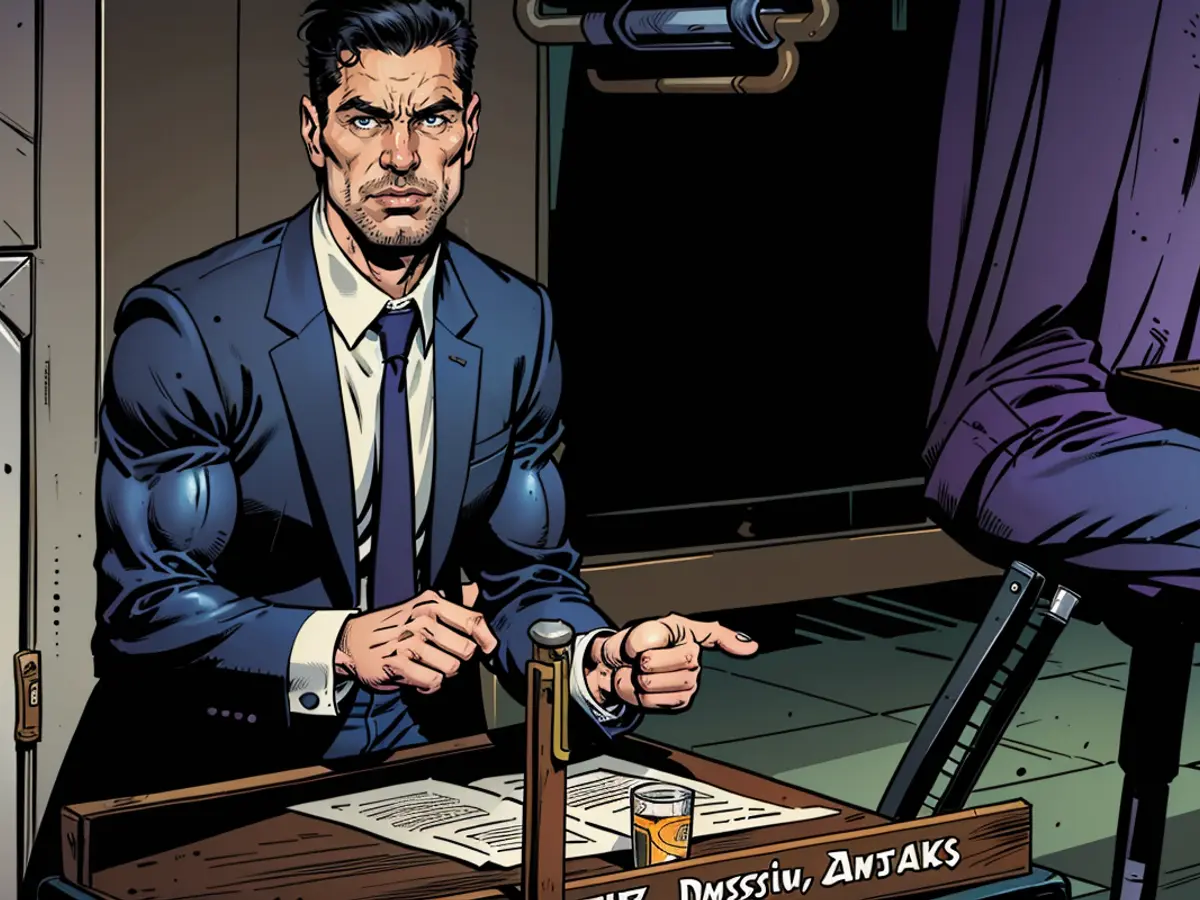Dürr persists in demanding that ministries cut costs for the budget.
Fundamentally, Dürr expressed a willingness to allocate extra funds for 2024 to provide more financial flexibility for the upcoming year. The reason being, the economic climate isn't as strong as expected, and an additional credit uptake of 11-12 billion Euros is possible this year due to the conjunctural component of the debt brake.
"This demonstrates the debt brake's flexibility," said Dürr about this situation. He also emphasized the importance of keeping the debt in check, so that we don't burden future generations with it. However, he mentioned several areas, such as defense, internal security, education, and infrastructure, where there may be financial requirements. Here, "we need to explore how we can finance these needs."
Dürr firmly believes that "politics should operate within the constraints of taxpayers' money." The guiding principle? The approved financial plan. It's the job of the specialized ministers to "do their part," and maintain the financial plan by being responsible with their spending.
Read also:
- As the Federal Minister, Dürr emphasized the importance of adhering to the debt brake and responsible spending within the ministries, ensuring that they operate within the constraints of taxpayers' money.
- Dürr also highlighted the need for minimizing debt, stressing that we must not burden future generations with excessive financial obligations.
- In light of the economic climate, Dürr suggested allocating additional funds for 2024 to provide more financial flexibility, acknowledging potential need in areas like defense, internal security, education, and infrastructure.
- Echoing his belief in fiscal responsibility, Christian Dürr, the Federal Minister, called upon specialized ministries to do their part and maintain the financial plan by managing their budgets wisely, just like a household must carefully save or spend its income.







